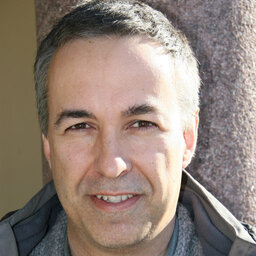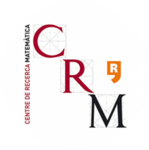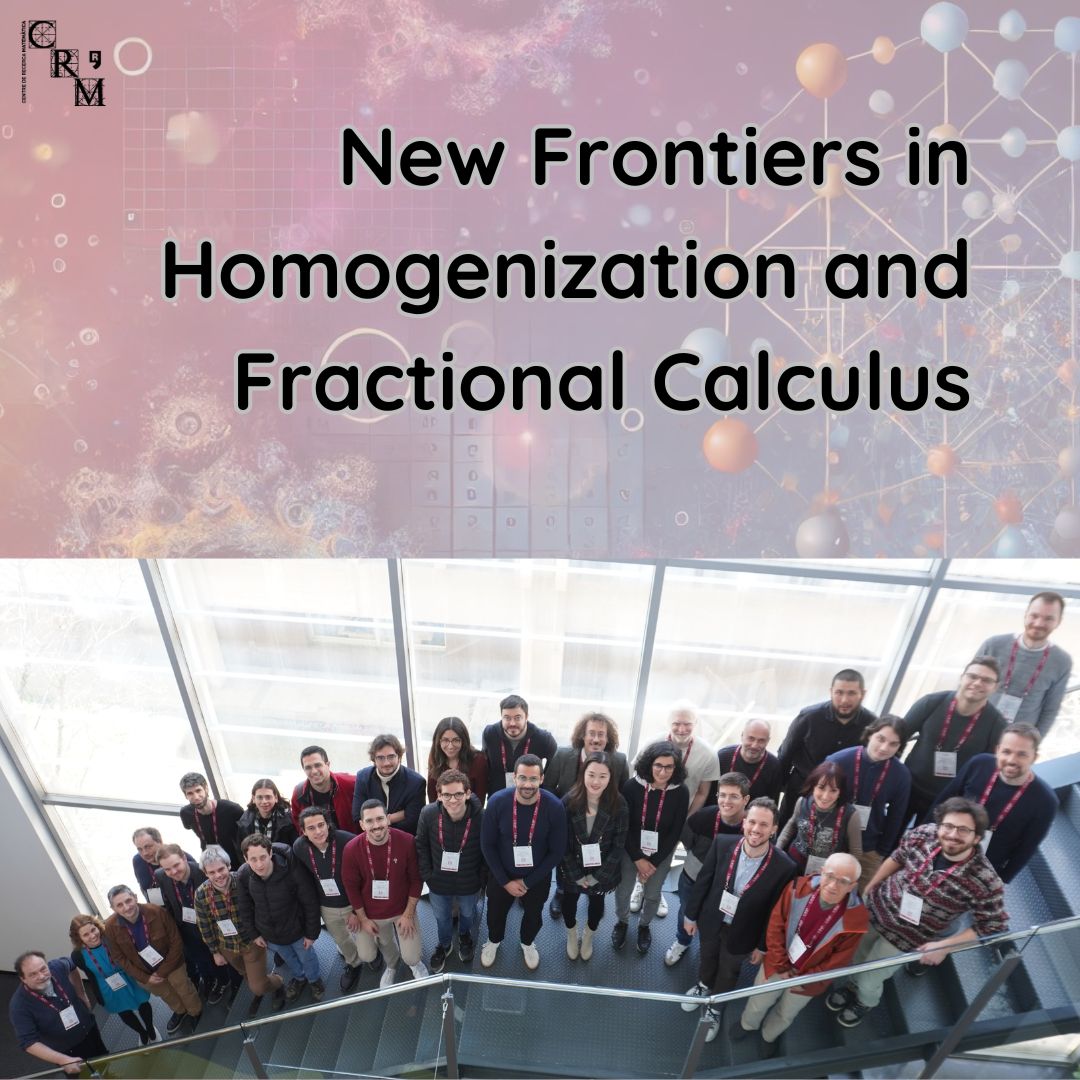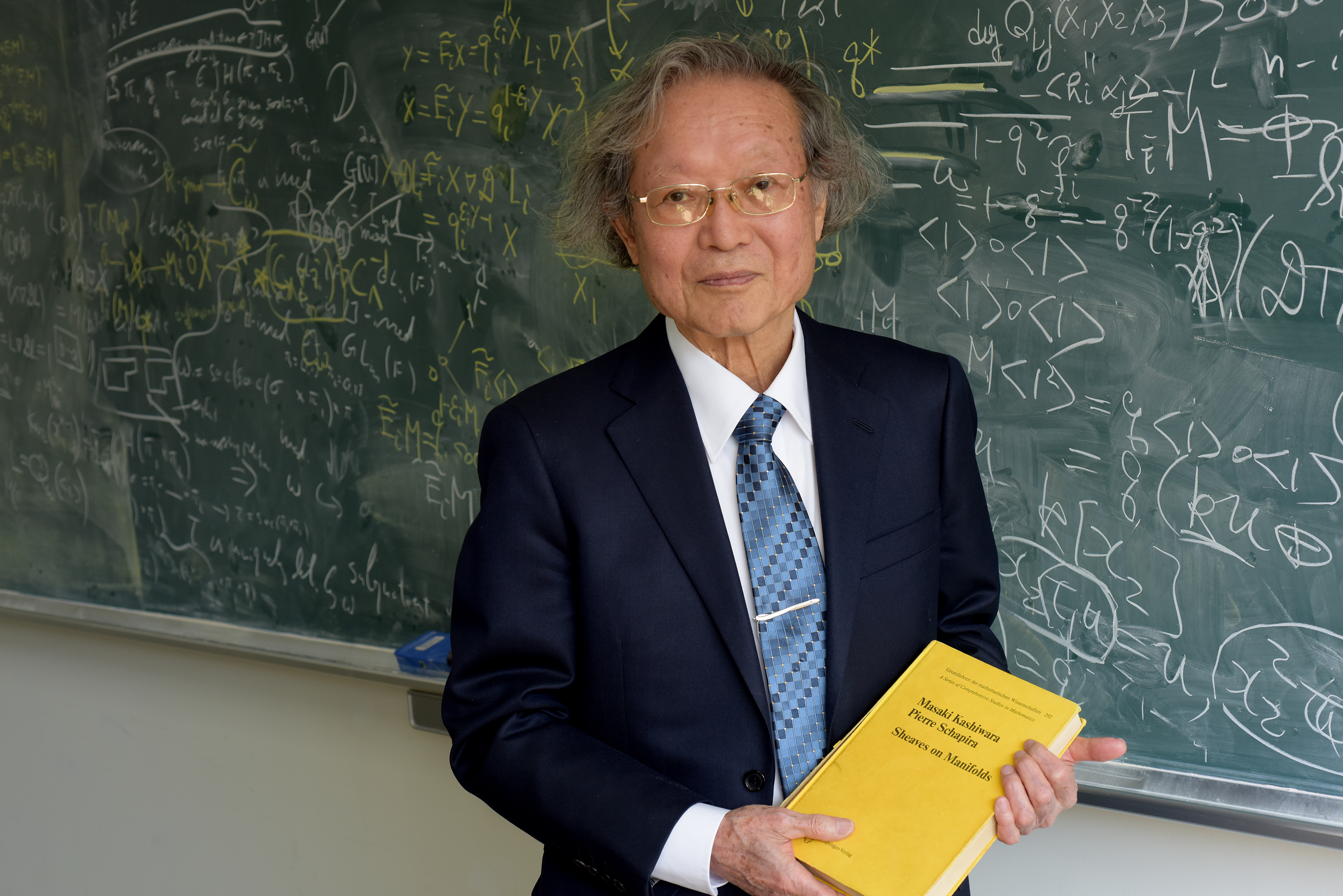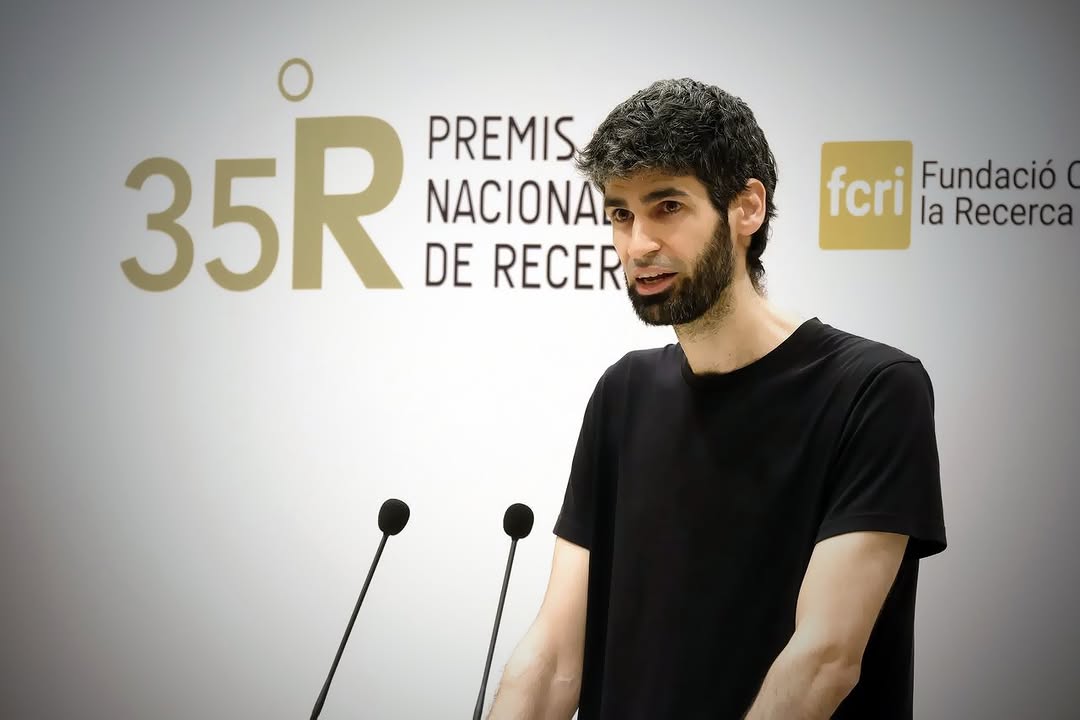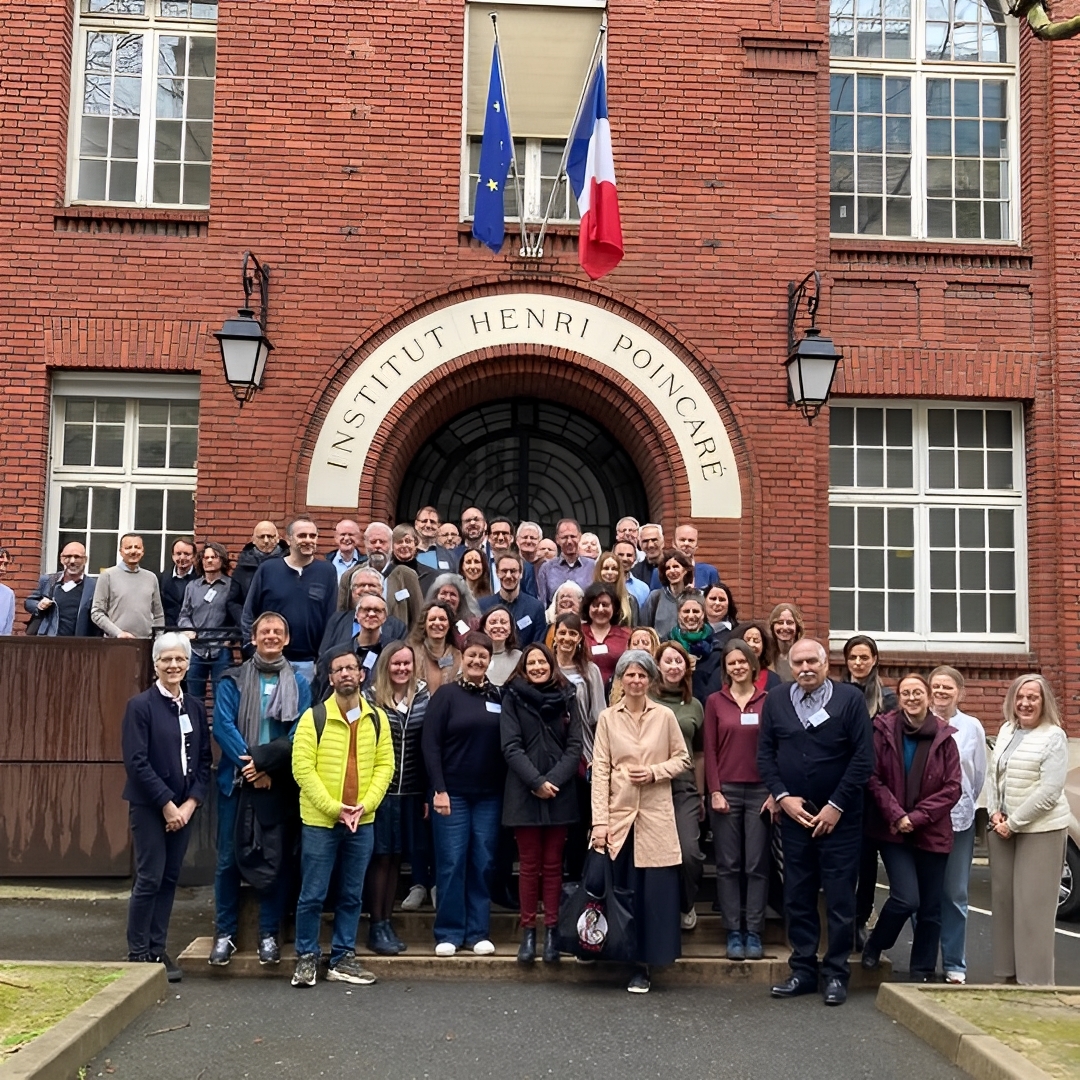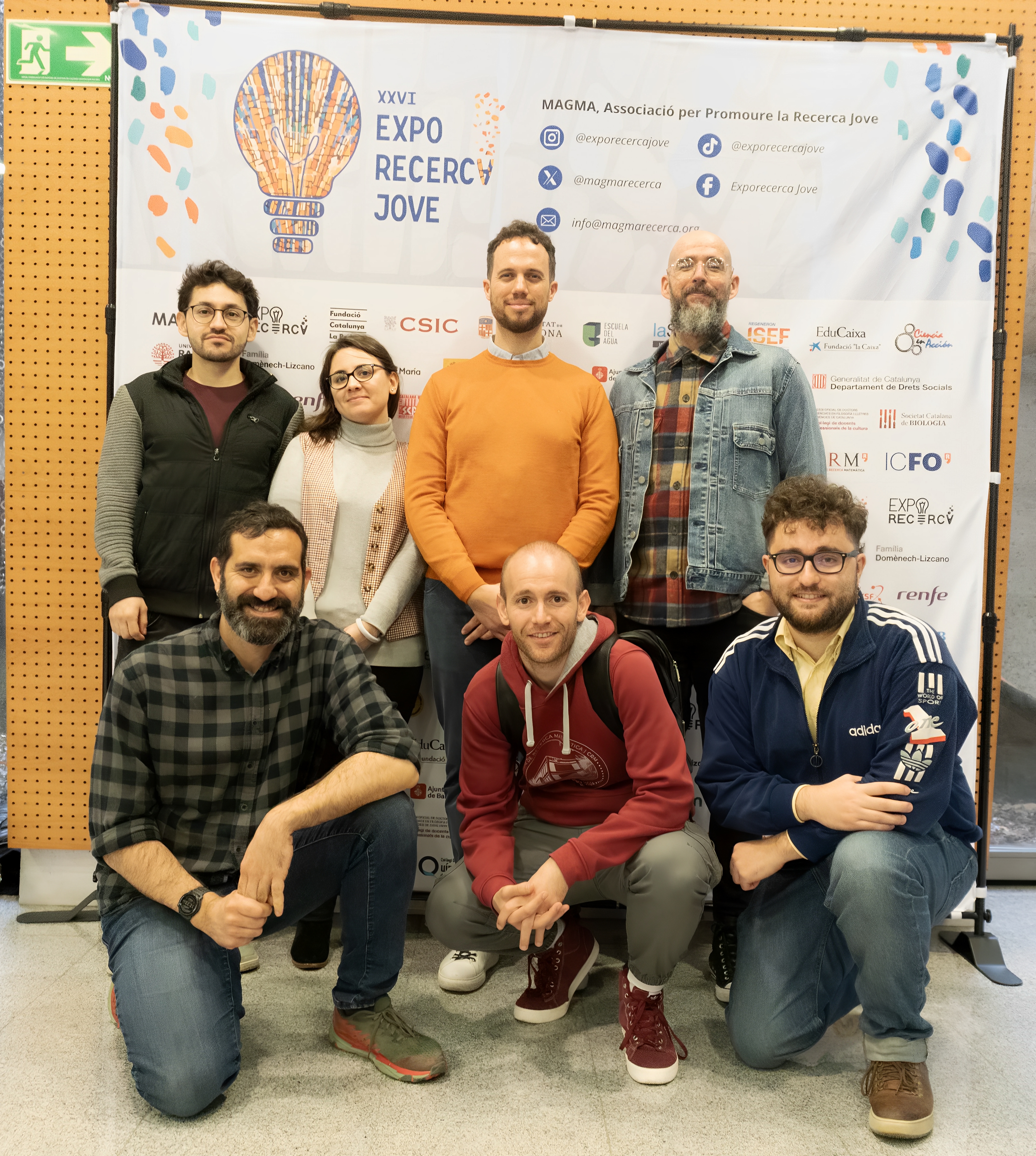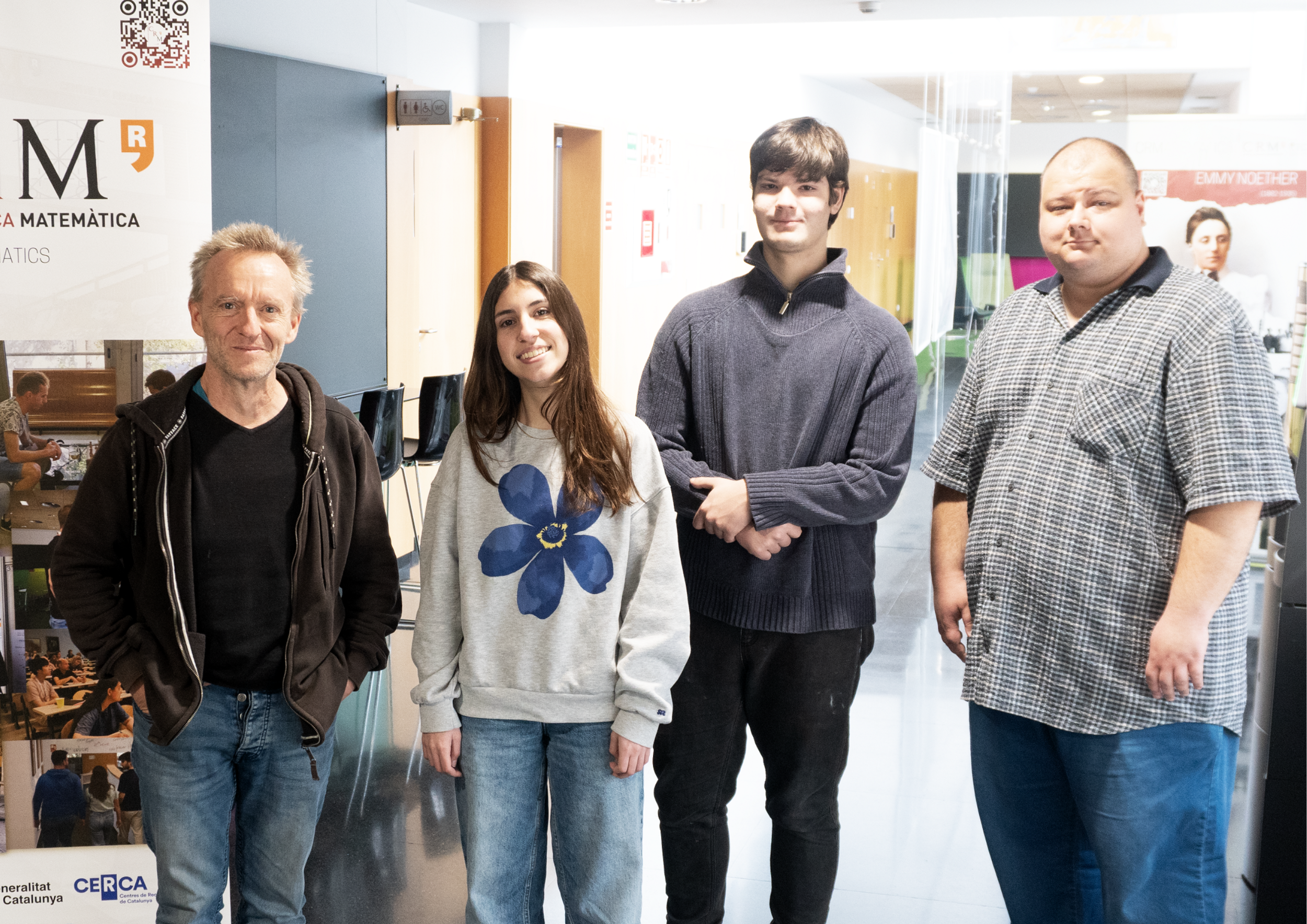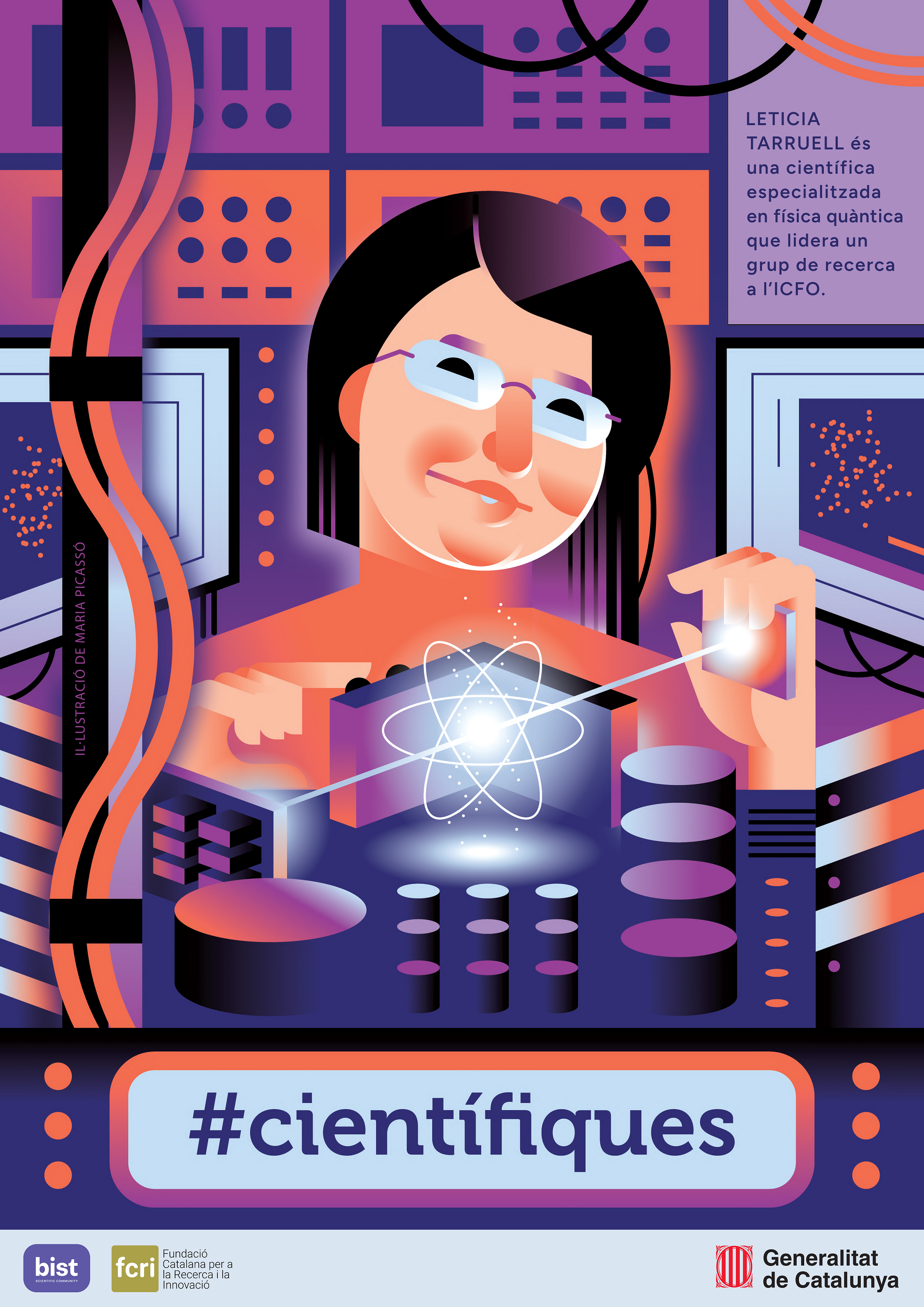
Professor Joaquim Ortega Cerdà, from the University of Barcelona, has been elected as a member of the Royal Norwegian Society of Sciences and Letters, Norway’s oldest scientific and scholarly institution and one of Europe’s oldest and most respected academic institutions.
Founded in 1760 in Trondheim, the Society brings together researchers from a broad range of disciplines, with the aim of promoting science, scholarship, and international collaboration. Membership is offered to individuals whose work has made a meaningful contribution to their field.
Ortega has spent much of his academic life working in complex analysis, particularly in the study of the inhomogeneous Cauchy–Riemann equation, Bergman kernels, and sampling and interpolation problems. His research also touches on Dirichlet series, viewed from the perspective of infinite-dimensional analysis, and more recently, on random point processes and optimal configurations.
After completing his PhD at the Universitat Autònoma de Barcelona, he held research and teaching positions at the University of Wisconsin–Madison, the Universitat Politècnica de Catalunya, and eventually joined the University of Barcelona in 1997, where he continues to teach and work today.
Over the years, Ortega has maintained strong ties with the mathematical communities in Norway and Scandinavia, spending time at the Centre for Advanced Study in Oslo, the Universities of Gothenburg and Trondheim, and the Mittag-Leffler Institute, among others. In 2016, he was invited to give a lecture at the European Congress of Mathematics.
Rather than viewing the nomination as a personal distinction, Ortega sees it as an opportunity to continue building bridges:
“First of all, it’s a recognition of a long history of collaborations with Norwegian mathematicians. It’s also a chance to strengthen those ties and to exchange ideas with colleagues from other disciplines, especially at a time when parts of society are casting doubt on scientific knowledge — as we’ve seen in recent debates around vaccines or climate models. In this context, I think academies can play an important role as spaces for dialogue, especially within the European sphere.”
His words reflect a broader view of science—not just as a pursuit of understanding, but as a shared endeavor that depends on trust, openness, and international cooperation.
Joaquim Ortega Cerdà is a professor at the University of Barcelona. His primary research interests focus on complex analysis in one and several variables, especially in addressing the inhomogeneous Cauchy-Riemann equation. Through this approach, he investigates significant problems, such as estimating the size of the Bergman kernel, describing zero sets, and analyzing sampling and interpolating sequences. Ortega Cerdà also explores related topics, including Dirichlet series from the perspective of function theory within the infinite-dimensional polydisk, as well as random point processes and optimal configuration sets.
Personal website: https://mat.ub.edu/departament/professors/ortega-cerda-joaquim/
Subscribe for more CRM News
|
|
CRM CommPau Varela
|
Exploring New Frontiers: Chronicle of the School on Homogenization and Fractional Calculus
On 24-25 March 2025, the Centre de Recerca Matemàtica (CRM) hosted the ‘School on New Frontiers in Homogenization and Fractional Calculus’ to celebrate the 50th anniversary of Γ-convergence. This mathematical technique was introduced by Ennio De Giorgi and Tullio...
Quillen i la Quimera de l’Homotopia Equivariant: Estratificant l’Inimaginable!
L'equip de l'estudi ha ampliat el teorema de Quillen per treballar amb espectres anellats equivariantment com a coeficients. També ha formulat una estratificació geomètrica en el llenguatge de la geometria tensorial-triangular equivariant. Els investigadors es van...
Masaki Kashiwara rep el Premi Abel 2025 per les seves aportacions a l’anàlisi algebraica
El matemàtic japonès Masaki Kashiwara ha estat guardonat amb el Premi Abel 2025. Entre les seves fites destaca el desenvolupament pioner de la teoria dels D-mòduls, que ha tingut una influència profunda en les matemàtiques modernes i en camps com la física teòrica....
Hero Saremi’s Research Stay at CRM Through CIMPA-ICTP Fellowships
Hero Saremi (Islamic Azad University, Iran) completed a research stay at CRM through the CIMPA-ICTP Fellowships "Research in Pairs" programme, collaborating with Rosa Maria Miró-Roig (UPC–CRM) and delivering a course on Artinian Gorenstein algebras. She described the...
Xavier Ros Oton rep el Premi Nacional de Recerca al Talent Jove 2024
Xavier Ros Oton ha estat guardonat amb el Premi Nacional de Recerca al Talent Jove 2024, el primer cop que aquest reconeixement recau en un matemàtic. El premi destaca la seva trajectòria en l’estudi de les equacions en derivades parcials. El Premi Nacional de Recerca...
CRM participates in the annual ERCOM meeting in Paris
The Centre de Recerca Matemàtica (CRM) took part in the 2025 ERCOM meeting in Paris, joining leading European centres to discuss collaboration, outreach, and research strategies. The Centre de Recerca Matemàtica (CRM) took part in the annual meeting of ERCOM (European...
Xavier Lasauca i Lola Dagà, guanyadors del II Concurs de Poesia en Pilish del CRM
El segon certamen de poesia en pilish del Centre de Recerca Matemàtica (CRM) ja té guanyadors: Xavier Lasauca i Lola Dagà han estat els autors més votats pel públic, que ha pogut escollir els seus poemes preferits a través de les xarxes socials del centre. La...
El CRM premia el talent jove a l’Exporecerca 2025
El Centre de Recerca Matemàtica (CRM) ha premiat dos treballs destacats a l’Exporecerca Jove 2025, reconeixent la recerca en matemàtiques i intel·ligència artificial. Amb aquesta iniciativa, el CRM reforça el seu suport al talent jove i a la innovació científica. El...
Estada formativa al CRM: les matemàtiques per afrontar reptes ambientals i geomètrics
The Brain’s Hidden Agility: A New Study Shows How We Adjust Decisions Mid-Action
• The study reveals that decision-making and movement happen simultaneously, constantly adjusting to new sensory information rather than following a sequential process.• Both humans and rats adjust their movements in real-time, demonstrating the brain's flexibility in...
II Certamen de poesia Pilish | Participa!
Torna el certament de poesia més matemàtic! El Centre de Recerca Matemàtica (CRM) obre el Segon Concurs de Poesia en Pilish, un repte literari on cada paraula ha de tenir tantes lletres com el dígit corresponent de π. Es poden presentar poemes en català, castellà o...
Roser Homs apropa les matemàtiques evolutives als alumnes de primària a #científiques
La investigadora Roser Homs (CRM) ha participat en l'edició d'aquest any de #científiques amb una xerrada a alumnes de primària, mostrant com les matemàtiques ajuden a reconstruir arbres filogenètics a partir de l’ADN. Amb motiu del Dia Internacional de la Dona i la...

